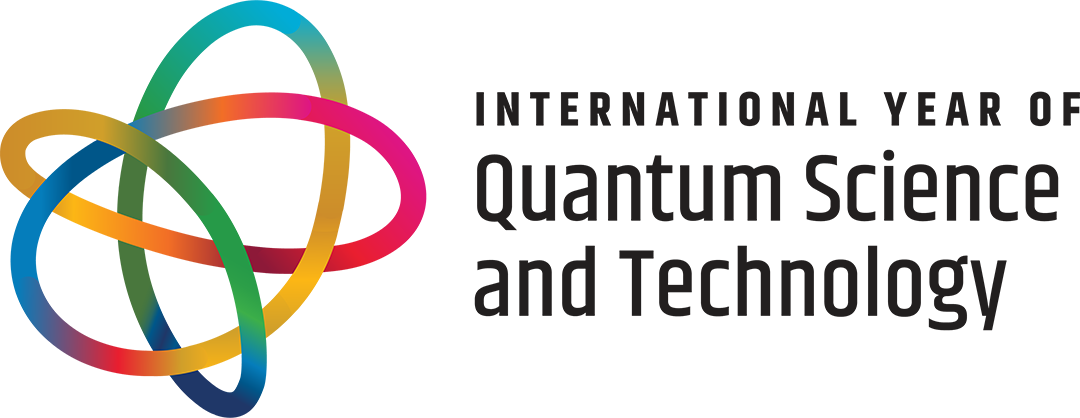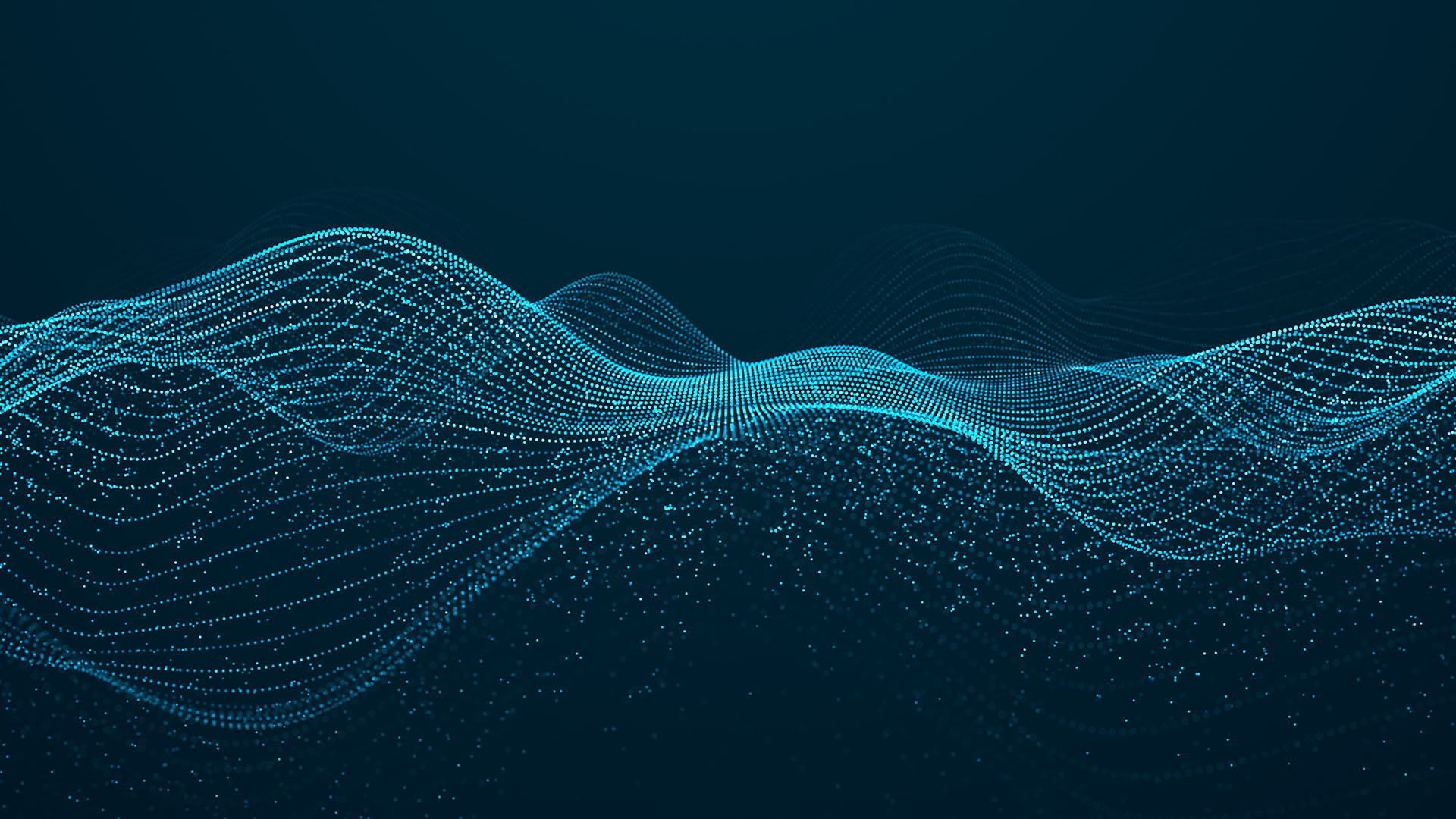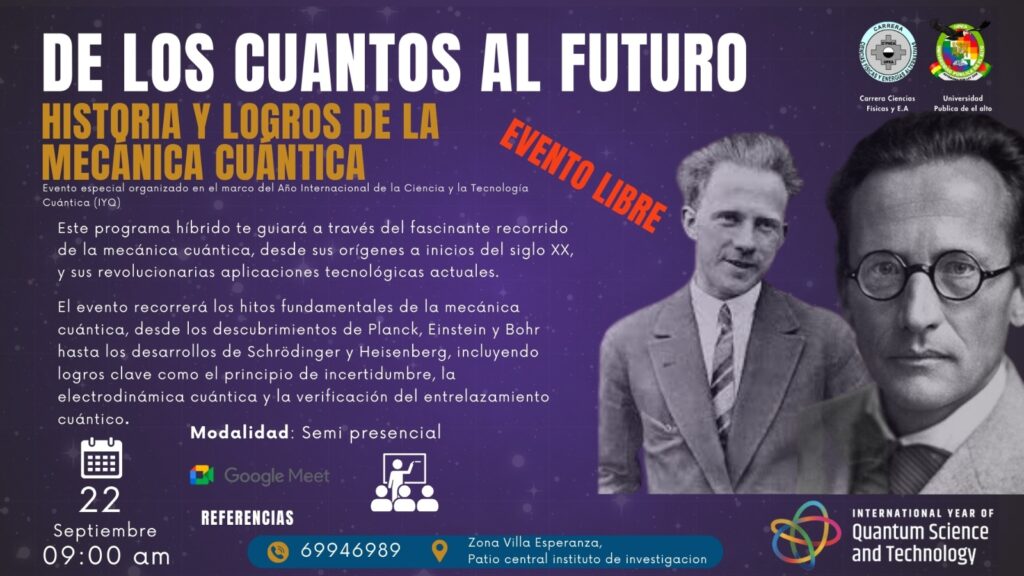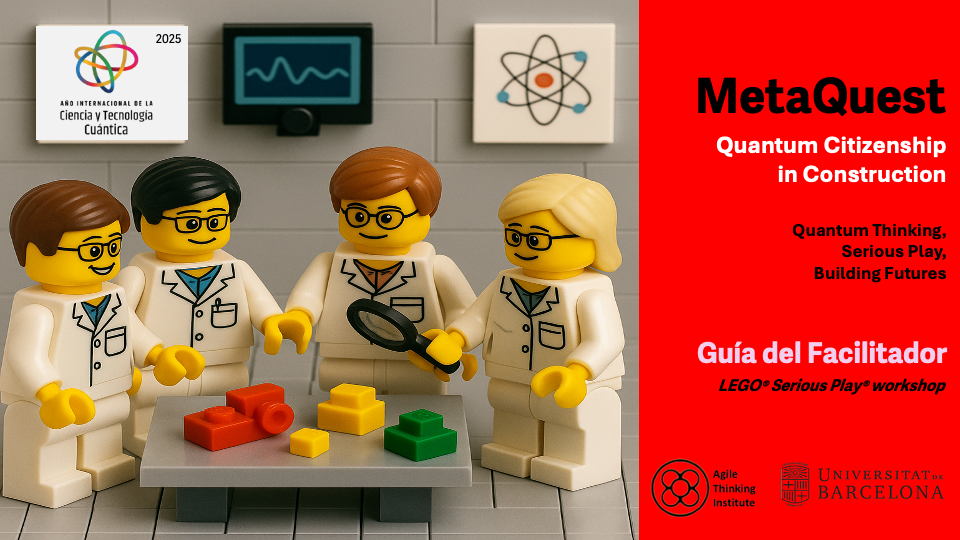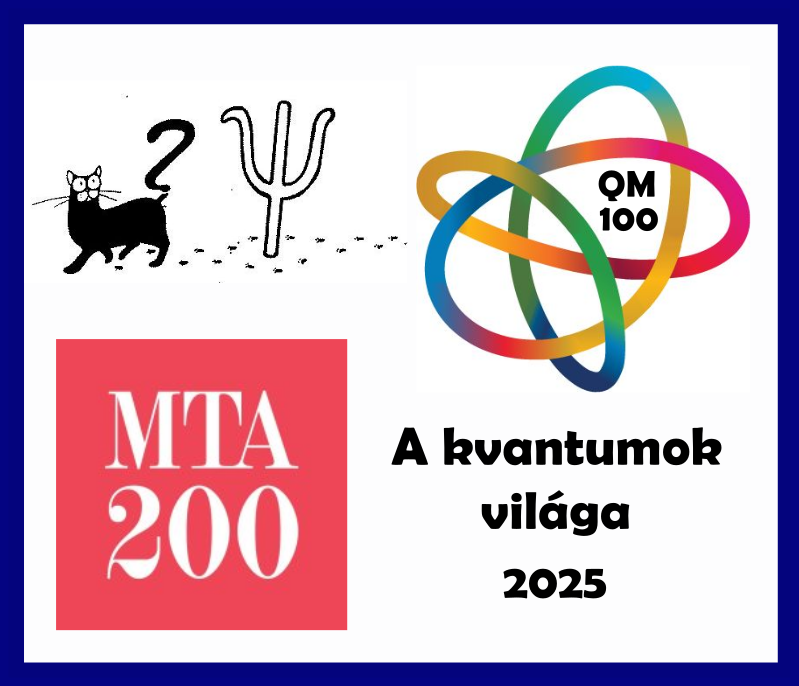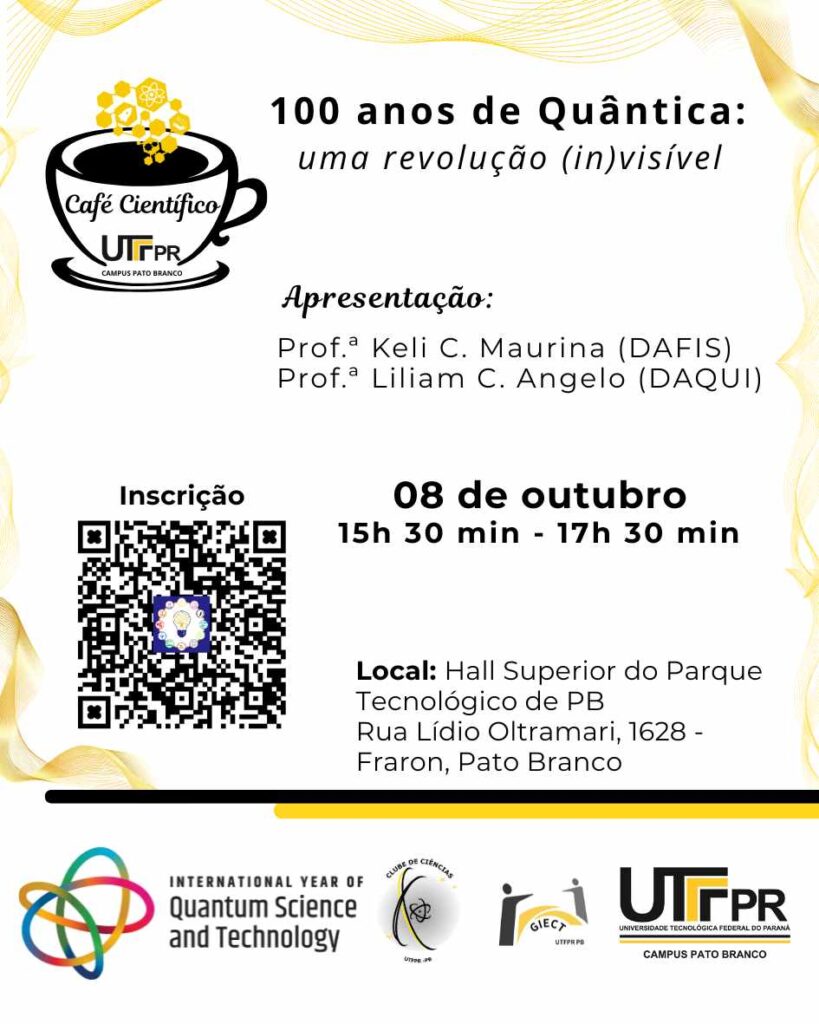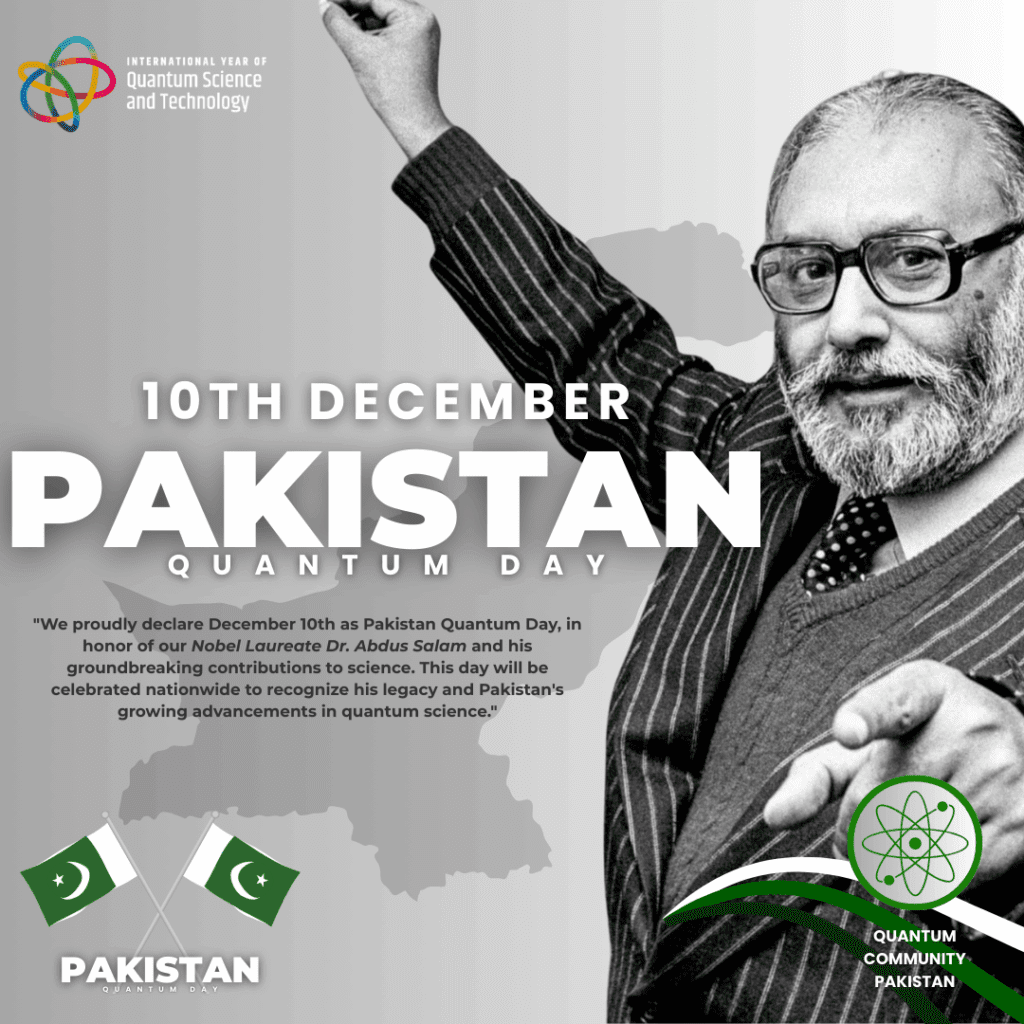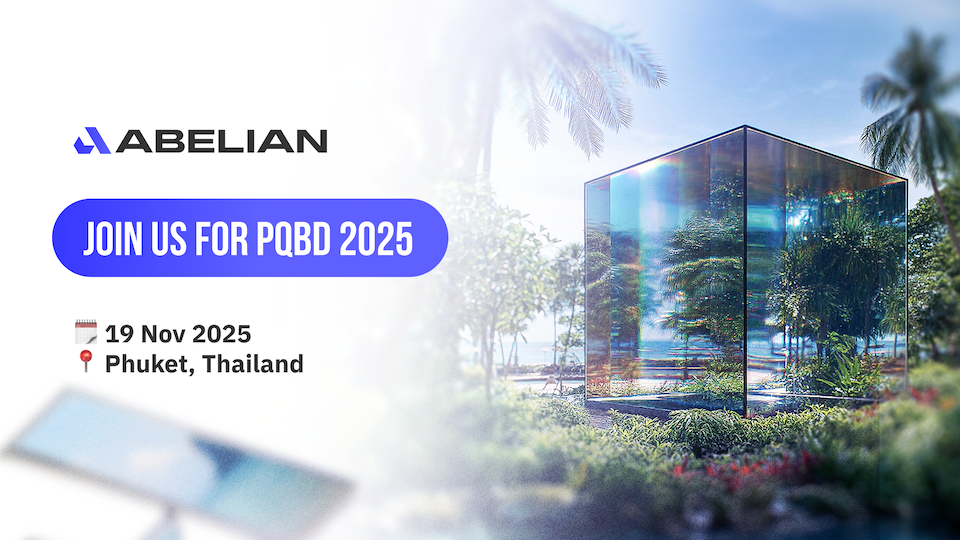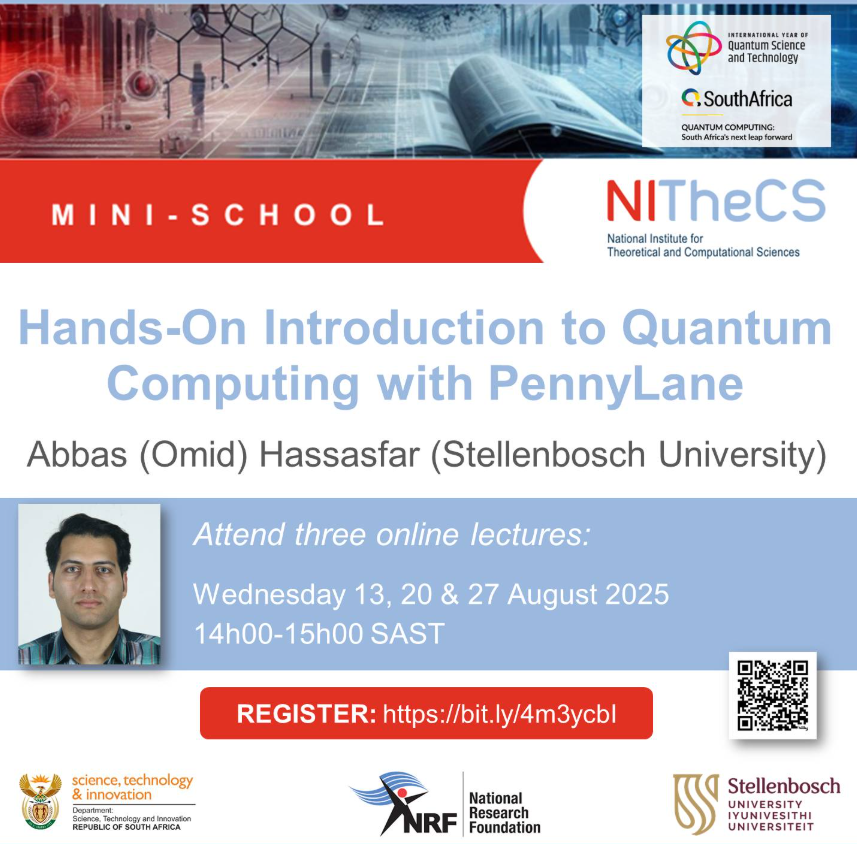On 21 April 2025, the Department of Computer Applications, Assam Don Bosco University, Azara Campus, Guwahati, in line with the vision of the International Year of Quantum Science and Technology, successfully celebrated World Quantum Day 2025, rescheduled from the global date of 14 April due to the Bihu festival break in Assam state, India. The event, held at the Central Atrium from 8:00 AM to 9:30 AM, aimed to demystify quantum mechanics and highlight its applications in artificial intelligence, computing, and secure communication, engaging over 500 undergraduate and postgraduate students through an insightful talk by Dr. Moushumi Barman, Assistant Professor, on “Quantum Science and Technology—A Gateway to the Future.”
Covering topics such as Schrodinger’s Cat paradox, superposition, quantum logic, historical milestones (1900–1935), and the real-world impact of quantum computing, the session featured a visual slideshow and interactive Q&A, fostering curiosity and academic dialogue. The outcome included heightened student interest, active participation, and discussions to integrate introductory quantum computing workshops into the upcoming semester’s curriculum, marking the celebration as a resounding success that advanced the university’s mission to promote cutting-edge scientific education.

